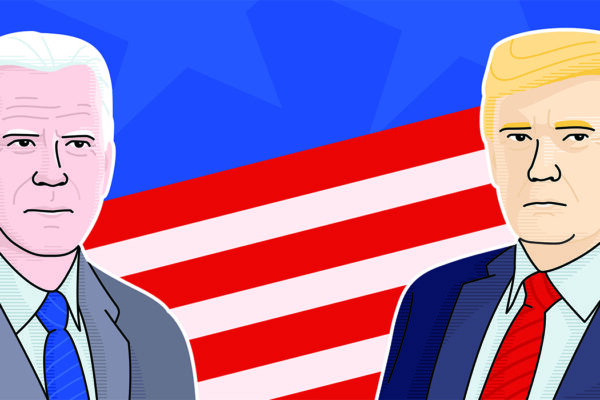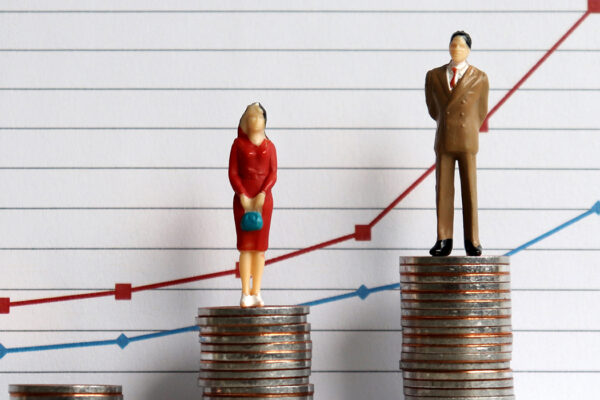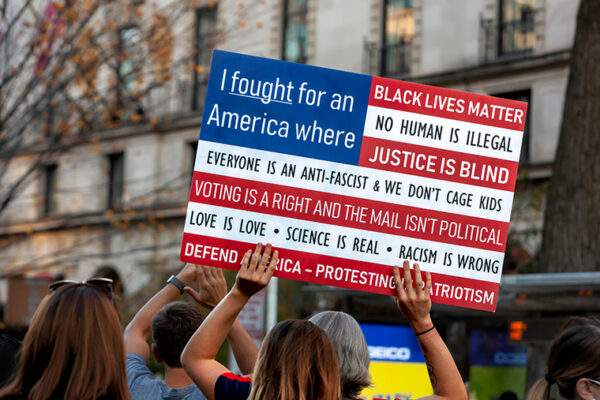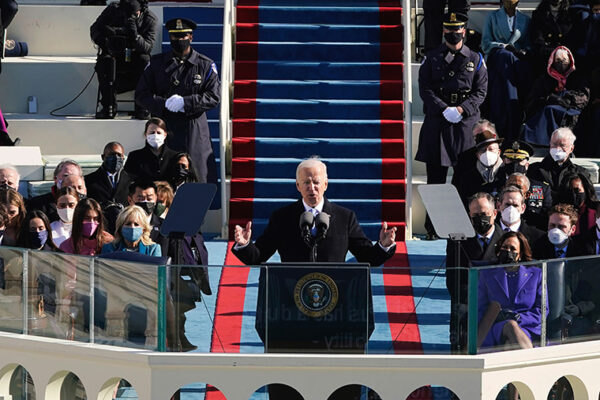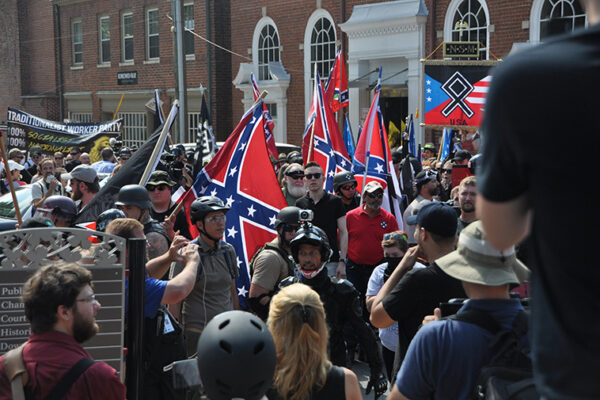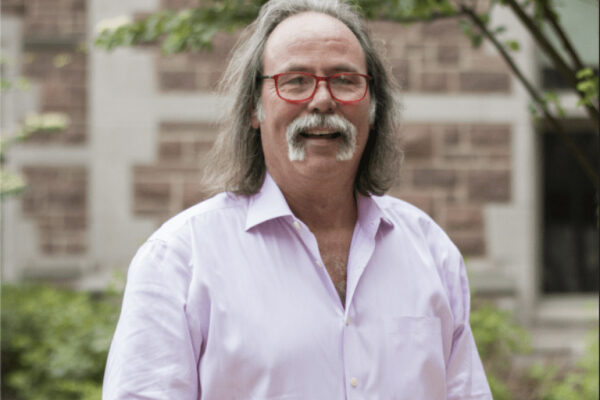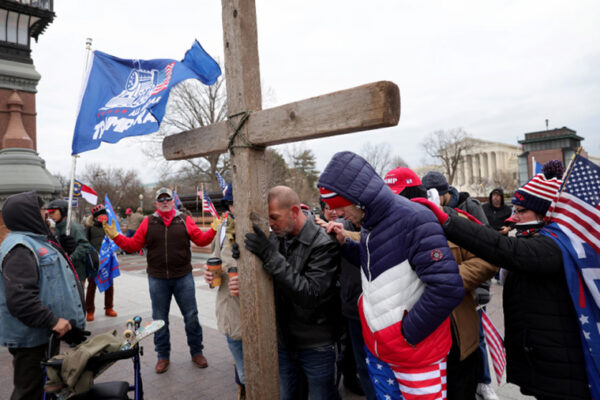School closures ‘sideline’ working mothers
New research shows that the gender gap between mothers and fathers in the labor force has grown significantly since the onset of the pandemic, especially in states where elementary schools primarily offered remote instruction.
Trust your gut: A healthy sense of disgust can prevent sickness
New research, published in the Proceedings of the National Academy of Sciences Feb. 15, suggests that disgust could be the body’s way of helping people avoid infection.
Who you know matters, even when applying for PPP loans
New research is exposing how lenders prioritized Paycheck Protection Program loan applications from businesses with prior lending relationships or personal connections to bank executives.
New podcast explores democracy
Now more than ever, it’s important to understand issues from different perspectives. The American Democracy Lab podcast aims to do just that.
Women are more likely to work under, and violate, pay secrecy policies
Despite increased state legislation banning pay secrecy, a new study involving a Washington University researcher finds informal policies have increased. The lack of transparency enables employers to discriminate — intentionally or not — against women in the pay setting.
An historic opportunity to combat systemic racism
Sociologist John N. Robinson III says President Joe Biden’s executive orders are an important first step in the fight against systemic racism, but to keep fighting because there’s an “historic opportunity” before us.
This is not the time to raise federal minimum wage
Radhakrishnan Gopalan, professor of finance at the Olin Business School at Washington University in St. Louis, says President Joe Biden’s plan to raise the federal minimum wage to $15 per hour is too aggressive. His research shows raising the minimum wage now could slow job growth.
Lessons and cautions from 1965 to fight white supremacy
David Cunningham, chair of sociology at Washington University in St. Louis, says Biden’s administration can and should make every effort to defeat the rise of political extremism and white supremacy, but should also be aware of unintended consequences.
Gibson recognized by Academy of Science of South Africa
James L. Gibson, who has studied and written extensively about the evolution of South Africa’s democracy in the post-apartheid era, has been elected to the Academy of Science of South Africa as an honorary foreign associate.
Scholars of religion and politics respond to the Capitol insurrection
Leaning on their expertise in history, ethics and religious studies, faculty from the John C. Danforth Center on Religion and Politics reflect on the Jan. 6 Capitol Insurrection.
View More Stories



